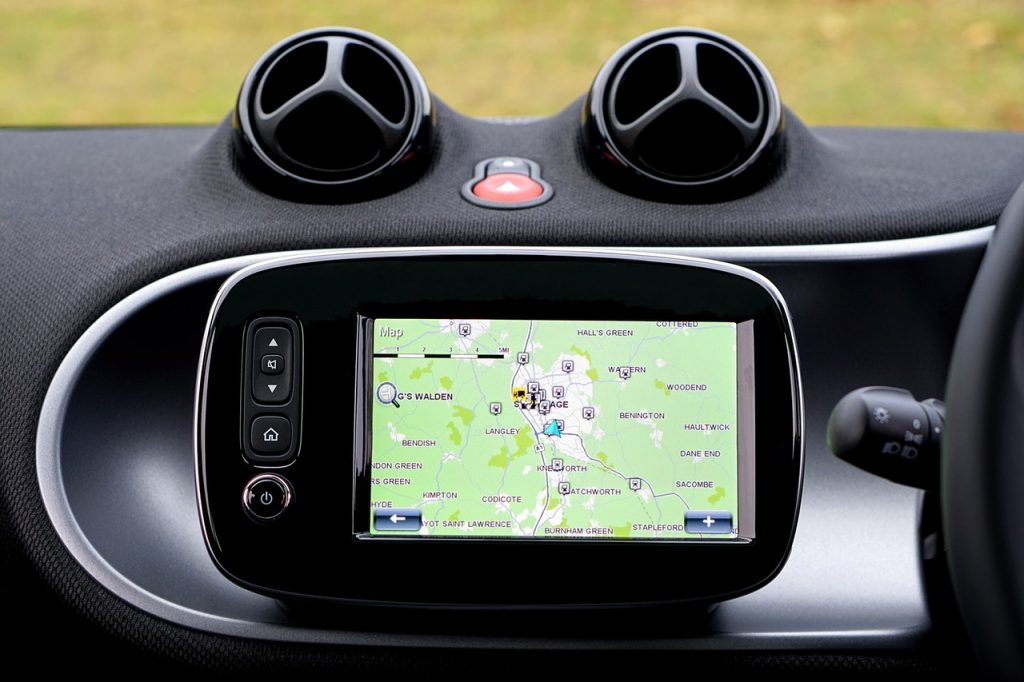They may be promoted as relationship spouses, and based on who does the navigating when you’re on holidays this might be correct. However, a GPS not only gets you from A to B with the minimum of hassles, but it may also make your vacation come alive; with strategies to plan your itinerary, track down the best restaurants, and make your vacation hassle free. We asked our experts from Hitachi, Nokia, Mio, TomTom, and Pioneer to share their secrets on getting more from your GPS when travelling the planet. No doubt if you are heading abroad, it is best to do your research and check that the GPS brand that you’re considering has maps available for the countries that you’ll be travelling to. Plus check out the price of the overseas map you desire to purchase as map costs vary considerably based on the GPS you buy.
Once you have your own GPS, ensure you have the correct mapping for the country you’re visiting and that it is in real time GPS tracking. Check that you can navigate between states where applicable. Maps may come as a joint pack or individual countries based on the brand you buy. Remember overseas mapping needs to be the exact same brand as the device you’re going to use, rather than all mapping is configured in exactly the exact same way. It is important to note that if the supplier does not have the mapping of the country you need, you can’t use another brand’s in your device, so best to do your homework before buying. Some GPS providers also have city guides you can download for free, and some even have vehicle GPS tacking in real time. However, they do provide useful tourist information on the city of your destination. If you’re downloading these while overseas it is ideal to use Wi-Fi since it is going to be more affordable.

Make certain you install the maps before travel. This will let you navigate and test the maps before embarking on your journey. The GPS may navigate you to use motorways, toll roads as well as ferries in overseas countries. Ensure that you are knowledgeable about the route calculation settings of your device. Also check the path the unit is indicating before driving to make certain you know what you’re getting yourself into. Points of Interests (POI) are convenient when in new cities or if you want petrol or any other information including tourist points. You can check that at the listings before leaving to get accustomed to what is and isn’t listed. Plus, if you browse through the Points of Interest, then they can offer you ideas of things to see and do, from beaches to cafes, stores to amusement parks in the areas you want to go to.
When browsing to a location, it may be easier to search for a location by name as opposed to address. By way of instance if you would like to see the British Museum in London you can find it listed under museums as a point of interest as a way to browse there without knowing the precise address. All GPS versions need to be charged, so make sure you pack a universal adapter on your luggage. Battery life of GPS devices change, therefore it’s important to get a cigarette lighter charger since you don’t need to run out of juice when you’re on the road driving. It is also useful to buy a case to protect the GPS and a travel charger with overseas plugs to maintain the device powered up when you return to your accommodation. Ensure you have the sound guidance on when driving as you may keep your eyes on the street and be more attentive when driving in a foreign city. Do not ever underestimate using your own commonsense when using a GPS device. Sometimes conditions may change because the mapping has been developed, as an example, road works begin, or two-way roads become one way.
All of us like to minimise our travel accessories. Some GPS models include a 2Mp camera, in addition to telephone and PDA capabilities. Some premium GPS units double up as MP3 players helping you to leave behind your digital audio player. So one device solves three demands and makes for lighter packing and simpler functionality between devices.